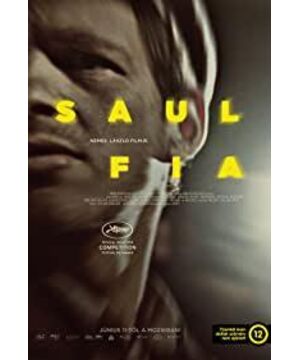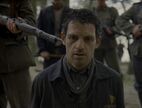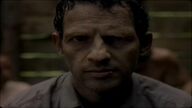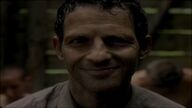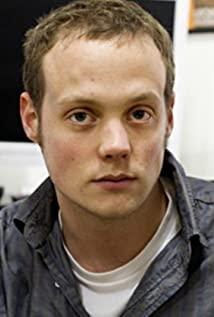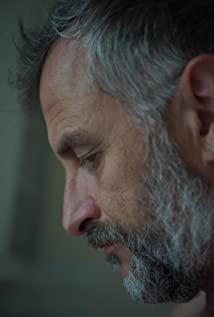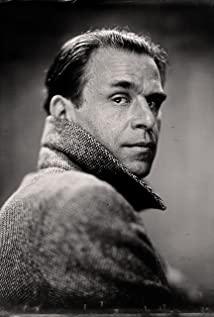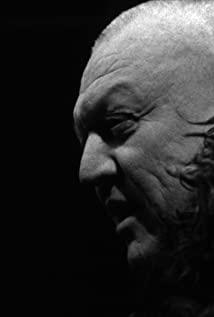I don't like the male protagonist very much. After so many Jews were killed, their bodies were burned to ashes, but your son is special, so he must have a serious Jewish funeral.
In the process of looking for a rabbi (rabbi), he truly showed his selfishness and coldness. Nothing is bigger than my son's death, and everything has to make way for this.
The rest of you have to help me too, and I can not help you, I can even kill you.
The rabbi found by the river refused to help, so he threatened to expose the rabbi's identity.
The task force got the explosives secretly, he had to go to the joint to retrieve the explosives, and then lost them.
Dozens of lives are not as important as your son's death.
In the second half of the movie, I hoped that he would die suddenly, with the regret of not being able to bury his son, or that the rabbi he found was a fake rabbi and would not be a real funeral prayer (this one did come true), Let you work from the beginning to the end in vain.
****************
In fact, I really feel that the position of this film is quite incorrect. If you want to reflect the cruelty of the concentration camp, you should also choose a good target and a good angle.
There is also a film that is also in the wrong position. Last year's Palme d'Or film "Dipan the Wandering" showed the suffering of Sri Lankan refugees who fled to France and longed for a peaceful life.
But I don't understand why the film didn't choose an ordinary refugee as the protagonist, but had to choose a leader of the rebels?
Why do refugees come? It's because of your anti-government troops and government troops who are stirring up trouble and killing you! What qualifies you to desire a peaceful life?
As soon as you mess up the country and cause countless murders, people want to live a peaceful life (and they actually get it at the end of the film), while those ordinary people are still living in dire straits and wars. Is there any reason for this?
View more about Son of Saul reviews


